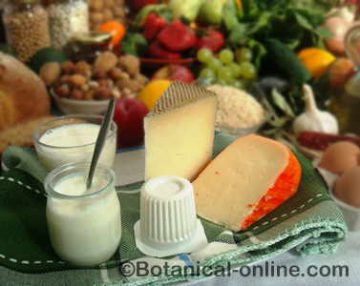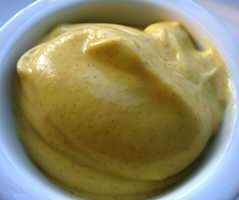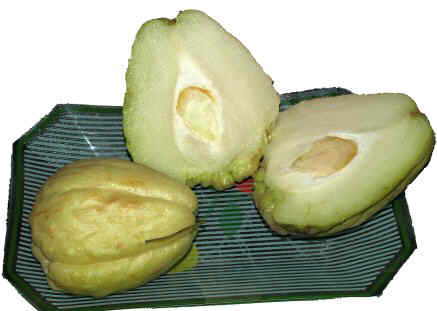Contents
What is vitamin D good for?
Characteristics of vitamin D

The advantages and disadvantages of sunbathing had been discussed often. Sunbathing in a moderate way helps the body to feel good. Laying under the sun without care causes serious problems to the skin, including the terrible melanoma or skin cancer. It is NOT good to lay under the sun for a long time without sunscreen. It is highly advisable to get some sun rays on our face and arms for a few minutes every day.
The advantage of sunbathing during 10 or 12 minutes between 8 am and 3 pm every 2 or three days a week is that our body needs sunlight to make vitamin D, which is why this vitamin is known as the “solar vitamin”. The sun rays turn a special subcutaneous fat into vitamin D. So people living in sunny countries and who often engage in different activities or outdoor recreation, or those going to the beach in summer, will probably not have vitamin D deficiencies.
Vitamin excess is stored in fats and in the liver and the body can get what it needs in winter. Those who live in countries with a very little presence of the sun or hardly expose themselves under its rays, may lack this vitamin.
Consequences of vitamin D deficiency
Deficiency of this vitamin can cause osteoporosis or weak bones in older people and also prevent normal growth in children, a problem known as rickets.
The inclusion of this vitamin as a supplement added to many foods has helped to virtually eliminate this disease in Western countries where due to a lack of sun exposure, were prone to have it.
Besides these diseases, lack of vitamin D leads to other symptoms such as irritability, muscle aches, inability to sleep or stomach problems.
Where can vitamin D be found?

As we have seen most of it is obtained by being in contact with the sun. This vitamin is known as vitamin D3 or cholecalciferol. It could be obtained from certain foods. Among all, we can mention the following:
- Animal foods: milk, eggs, butter, margarine, cod liver oil, fatty fish (sardines, herring, salmon, tuna, etc..)
Vitamin content in these products is not very high so the tendency today is to add this vitamin in many of them. Each liter of reinforced milk usually has 400 IU of this component. It is not usually present in cheese and yogurts, so they practically do not contain it. The food vitamin is known as vitamin D2 or ergocalciferol.
- Vegetal foods: they contain negligible amounts of this vitamin. To fill this gap many packaged cereals have added vitamin D.
- Supplements: Normally, vitamin D supplements are often combined with other vitamins or minerals such as calcium, in doses of 400 IU.
Properties of vitamin D
- It strengthens the bones: The main function of this vitamin is to fix the calcium from food in the bones and to prevent its dissolution in the blood so it will reach the muscles and nerves. If this occurs each time the bones have less calcium and become brittle, resulting in a condition called osteoporosis in which bones break very easily. Intake of vitamin D and calcium in the elderly may slow the progression of this disease and could help to prevent their bones from breaking so easily. It is appropriate to keep the teeth in good health. In the elderly a loss of hearing is often caused because of the erosion of the bones of the ear. Vitamin D, by strengthening them, can help to prevent some cases of deafness in older people.
- It prevents cancer: Recent studies have shown that people who take 200 IU daily of vitamin D daily are less likely to get cancer, especially breast and prostate cancer. It has also been seen that administration of this vitamin in patients with breast, uterus and ovaries cancer helps to improve their conditions. Recently, the company Novartis has developed a Vitamin D pill, called Asentar (DN-101), which according to preliminary studies at the University of Birmingham has shown a positive effect in the treatment of advanced prostate cancer, extending the life of patients. The formula of this vitamin can increase the dose accepted by the body from 50 to 100 times compared with the permitted dose today. It seems that this pill for prostate cancer will be available in 2009.
- It strengthens the immune system : Vitamin D boosts the immune system and helps to prevent infectious diseases.
- It helps in maintaining good skin: psoriasis sufferers have difficulties to produce this vitamin, so it might be interesting to apply supplements on the skin.
Daily requirement of vitamin D
Daily doses of vitamin D are set at 200 IU for people under 50, including children. Between 50 and 70 the RDD is 400 IU daily. With over 70 years is set at 600 IU daily. Typically, these amounts are covered when people sunbathe regularly or follow a diet rich in foods fortified with vitamin D. Under other circumstances, supplements may be necessary. The situations that might need this would be the following:
- When there is not enough sunbathing
- When, while not sunbathing, the person does not eat food high in vitamin D or fortified with it.
Toxicity of vitamin D
When acquired through sunbathing, this vitamin can not present any toxicity because the body stops its production when it reaches the appropriate levels.
- The danger of this vitamin appears when large amounts of it are ingested through supplements.
It seems that there is no danger in continuous doses not exceeding 1000 IU. High doses of supplements (about 1000 or 1200 IU) taken for half a year can cause gastrointestinal problems, headache, loss of appetite, fatigue, arrhythmia, bone calcium loss and calcium accumulation in muscle tissue.
![]() More information on vitamins.
More information on vitamins.








